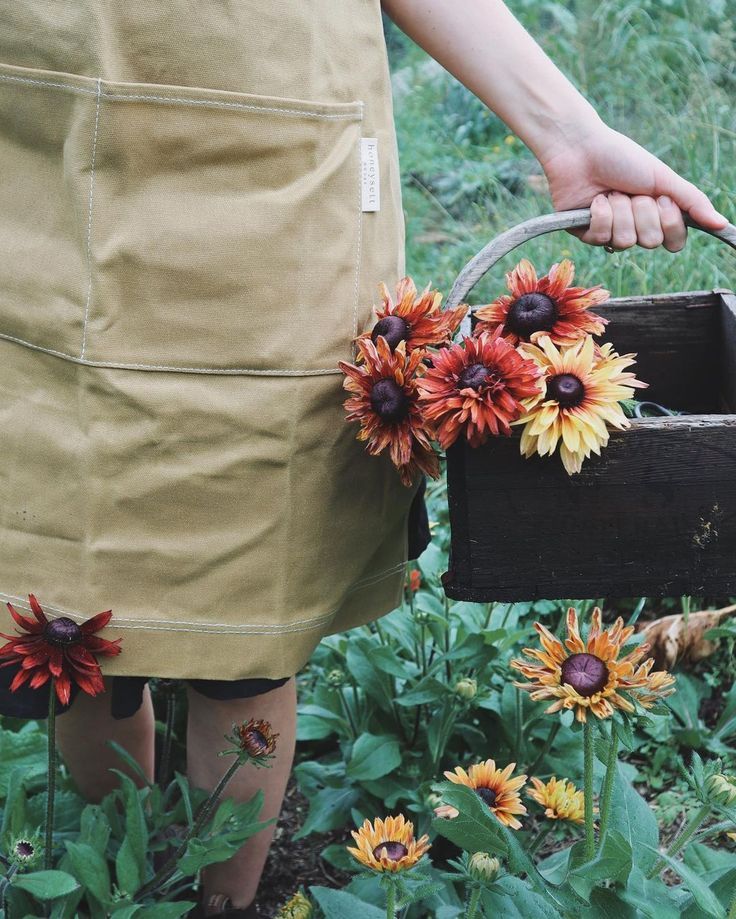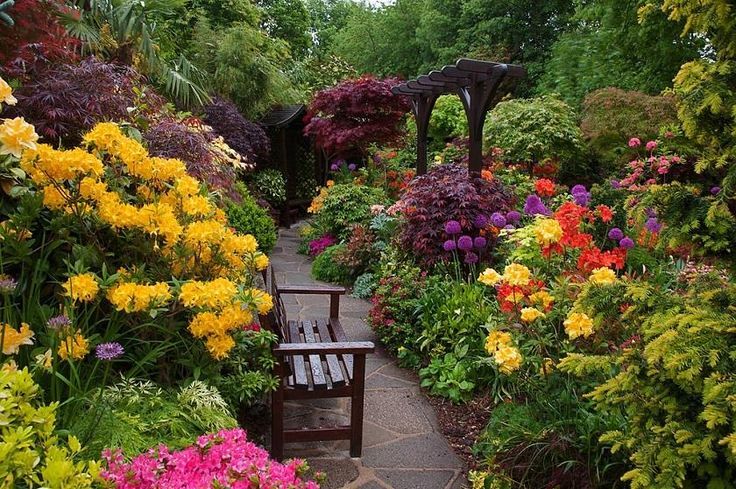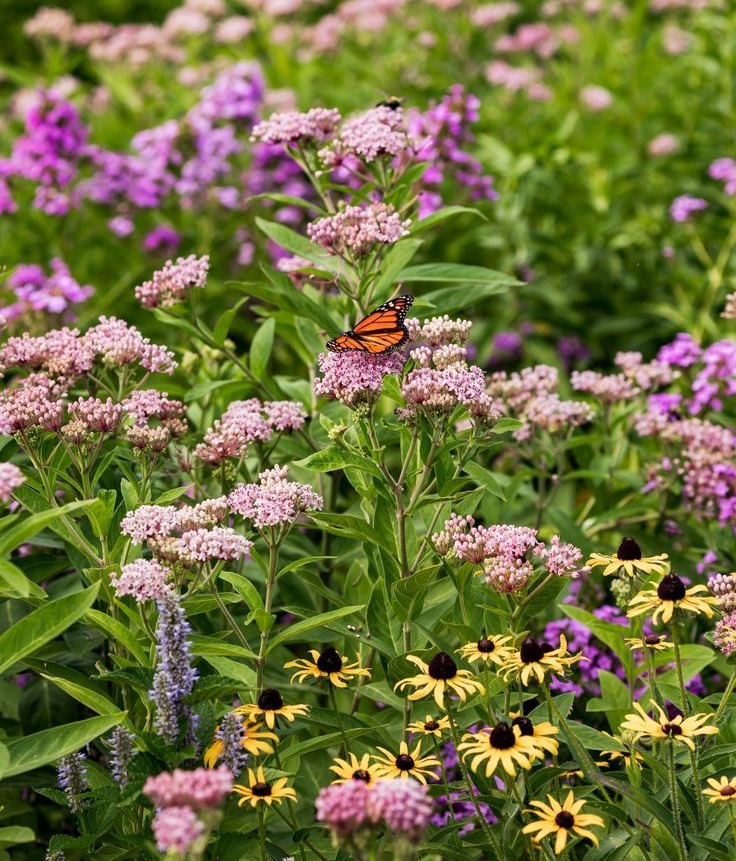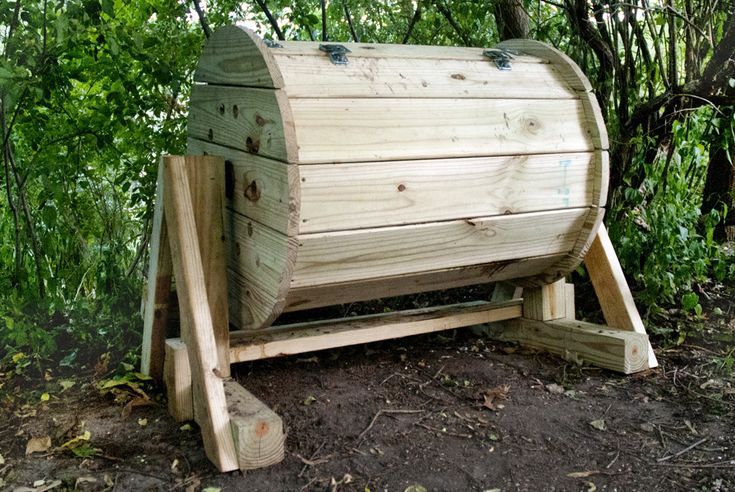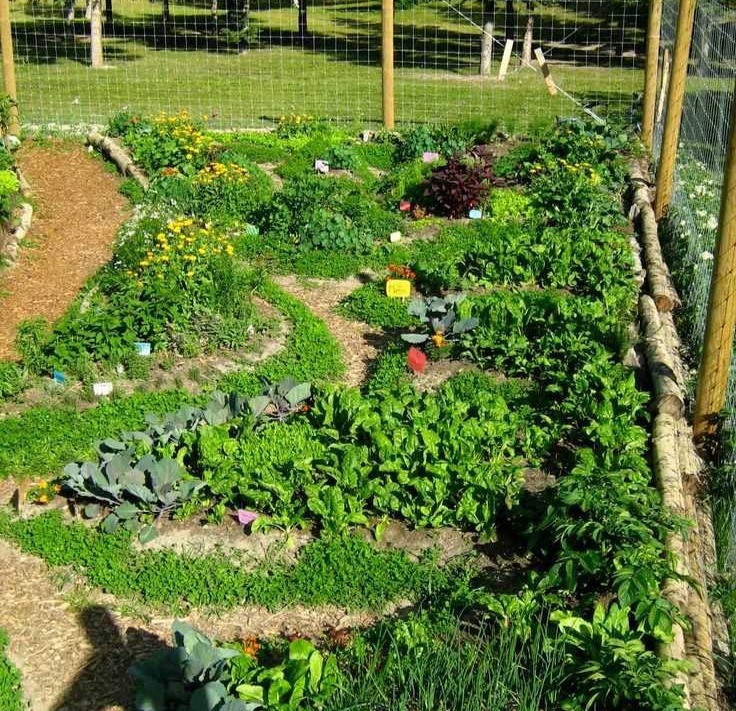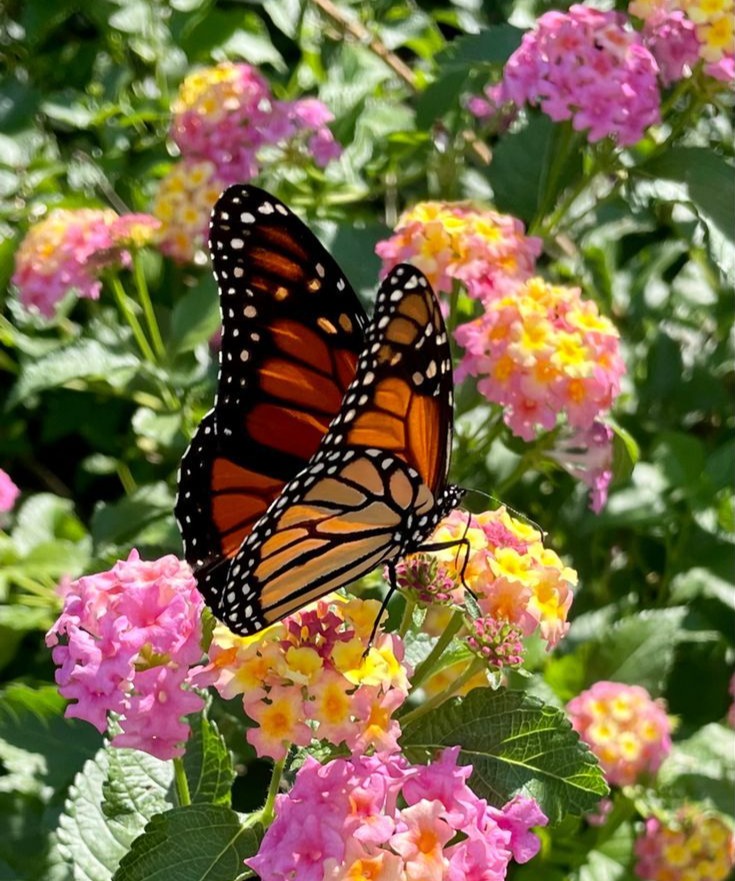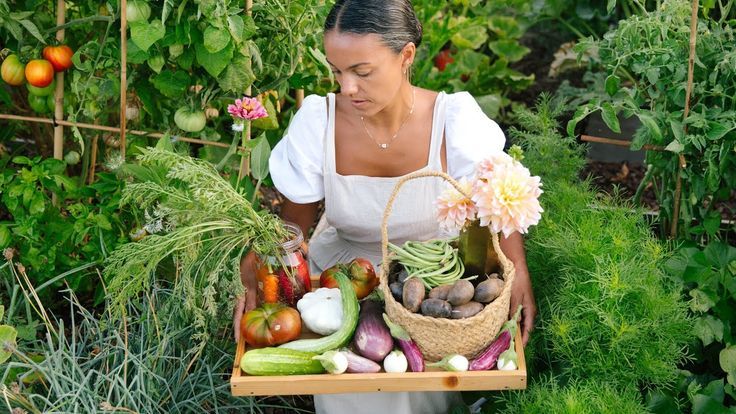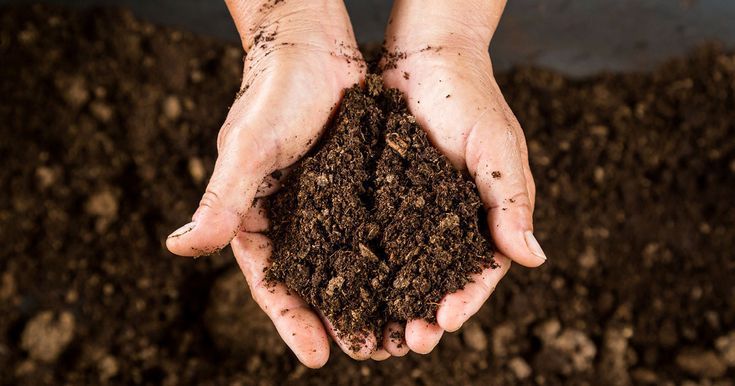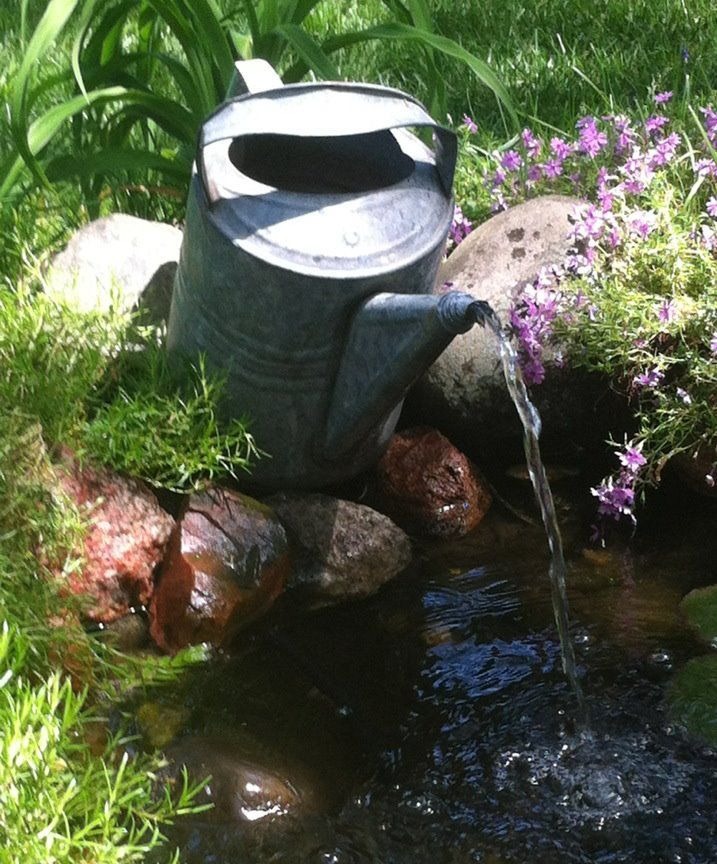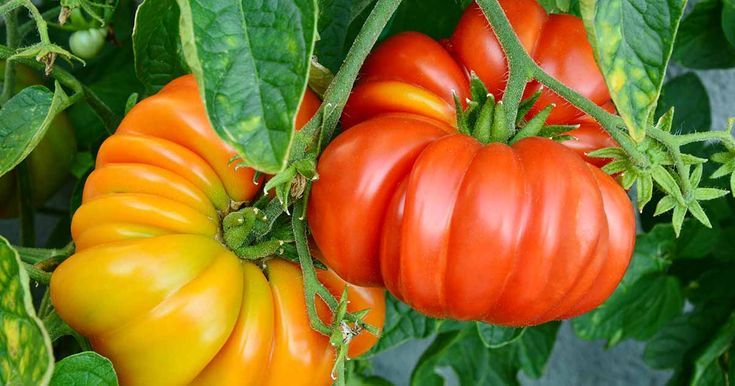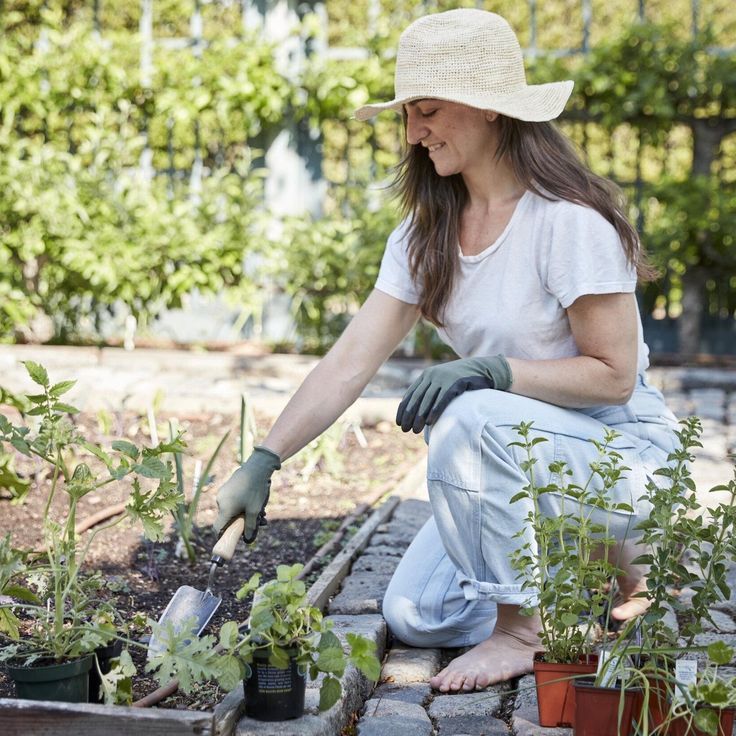Slow gardening is all about embracing the journey of growth rather than rushing to the finish line. It’s a rewarding practice that connects us with nature and teaches patience, mindfulness, and sustainability.
In this blog post, we’ll explore eleven unique and magical aspects of slow gardening that are sure to inspire and delight you.
1. Mindful Planting
Mindful planting emphasizes the importance of being present during the gardening process. It encourages gardeners to connect deeply with the earth, appreciating each step from planting seeds to nurturing their growth.
2. Seasonal Awareness
Understanding the natural cycles of the seasons is key to slow gardening. This approach involves aligning gardening practices with the natural rhythms, leading to more sustainable and harmonious gardening.
3. Biodiversity Boost
Promoting biodiversity in the garden is a cornerstone of slow gardening. By cultivating a variety of plants, you create a balanced ecosystem that supports wildlife and enhances plant health.
4. Compost Creation
Creating compost is a satisfying way to recycle garden and kitchen waste. It enriches the soil naturally and reduces the need for chemical fertilizers, contributing to a more sustainable garden.
5. Permaculture Principles
Permaculture involves designing gardens that work in harmony with nature. By following these principles, gardeners can create self-sustaining environments that require minimal intervention.
6. Wildlife Welcome
Encouraging wildlife into the garden is an integral part of slow gardening. By providing habitats and food sources, you create a lively garden that supports bees, birds, and other beneficial creatures.
7. Harvest Harmony
Harvesting crops at their peak ripeness not only enhances flavor but also ensures nutritional value. Slow gardening teaches the art of timing for a harmonious and rewarding harvest.
8. Soil Symbiosis
Healthy soil is the foundation of any successful garden. By focusing on soil health, gardeners can grow stronger, more resilient plants with minimal pest issues.
9. Water Wisdom
Water conservation is vital in slow gardening. Implementing efficient watering techniques like rainwater harvesting helps preserve this precious resource and ensures garden sustainability.
10. Heirloom Heritage
Growing heirloom varieties adds a touch of history to your garden. These plants are often more resilient and flavorful, offering a link to traditional gardening practices.
11. Patient Progress
Slow gardening is a lesson in patience. It reminds us that growth takes time and that the journey is as beautiful as the outcome, fostering a deep appreciation for nature’s pace.

